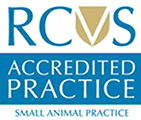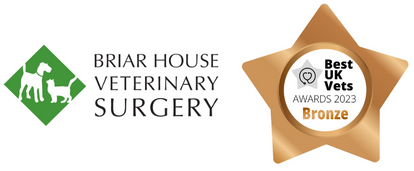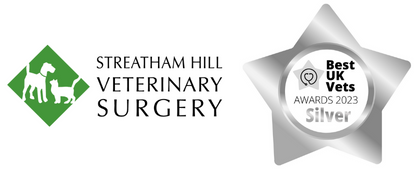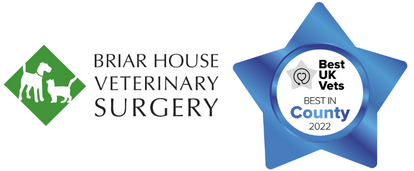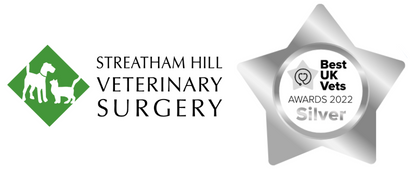A Guide For Vets Working in the UK After Brexit:
Everything You Need To Know
From 1st January 2021, a new points-based immigration system was introduced in the UK. EU citizens intending to move to the UK to work in the veterinary industry will now need to get a visa in advance.
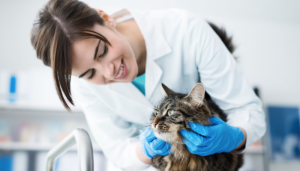
What Do I Need To Do Now?
The UK government considers veterinarians to be ‘skilled workers’. EU citizens wishing to work as a veterinarian in the UK can therefore apply for a Skilled Worker Visa. When applying, you must be able to prove that you already have a job offer from an approved employer sponsor. Most larger companies—including DNA Vetcare— offer sponsorship for vets and nurses.
In order to qualify for the Skilled Worker Visa, you must meet the following requirements:
- You must work for a UK employer that has been approved by the Home Office.
- You must be able to provide a ‘certificate of sponsorship’ from your employer. This should contain specific details about the vet role you have been offered in the UK.
- You must be taking on a job that is on the list of eligible occupations. Veterinary Practitioners, Veterinary Surgeons, Veterinary Nurses and Veterinary Practice Managers are all considered eligible occupations on the Skilled Worker Visa.
- You must be paid a minimum salary. This figure will depend on the type of work you do.
Salary Requirements
Generally, you will need to be paid at least £25,600 per year to meet the Skilled Worker Visa requirements, unless the ‘going rate’ for your job is higher. If the typical annual rate for your job is higher than what you will be earning, then you will not meet the usual salary requirements. Be mindful of this, as the ‘annual going rate’ for veterinary surgeons will often be higher than the £25,600 figure. For example, if the going rate for your role is £32,500 but you will be earning £30,000 you will not have met the usual salary requirements.
There are some circumstances where you can be paid less than £25,600 or your job’s ‘annual going rate’ but this depends on certain factors such as your age, qualification level and whether your job is in a shortage occupation- which veterinary roles currently are. It is vital that you check whether you meet the specific requirements before applying for this visa.
The UK Government website offers advice on annual salary rates for specific veterinary roles based on a 39-hour week. The following are the rates currently outlined for the veterinary industry:
- Veterinary Practice Managers- £25,500 (£12.57 per hour)
- Veterinarian, Veterinary Practitioner & Veterinary Surgeon- £32,500 (£16.03 per hour)
- Veterinary Nurse- £16,900 (£8.33 per hour)
How To Apply For A Visa
Vets can apply for a visa to work in the UK online. You will be able to make payment at the same time. It’s important to know that you will need your biometric information when applying.
In most cases, this will mean providing a digital photo of yourself using a smartphone. In some instances you may need to visit a visa application centre to get your photo taken. Requirements for non-EU citizens will be different.
You should also be aware of application fees. The amount you will pay depends on the amount of time you intend to spend working in the UK, and if your job is on the shortage occupation list- Veterinarians are currently on this list. Additionally, you will have to pay a healthcare surcharge per year, and must be able to prove that you can support yourself during your stay. Some practices may offer support. In this instance, your employer must complete the ‘sponsor certifies maintenance’ section on your sponsorship certificate.
How Does The Points-Based Immigration System Work?
From 1st January 2021, EU nationals will have to qualify for a total of 70 points before moving to the UK for work. In order to obtain points, you must meet certain criteria. Examples of this include having a job offer from an approved employer, being able to speak English at the required level and acquiring a role in a shortage occupation. Veterinarians are considered a shortage occupation for the Skilled Worker route.
Some characteristics are tradeable, which means that if you don’t meet particular criteria, you may still be able to achieve the required number of points. It is important to know that not all characteristics are transferable though and in these cases the criteria must be met exactly.
Take a look at the infographic below for more information on the points-based immigration system.

Below is a typical example of how a veterinary professional could obtain a total of 70 points.
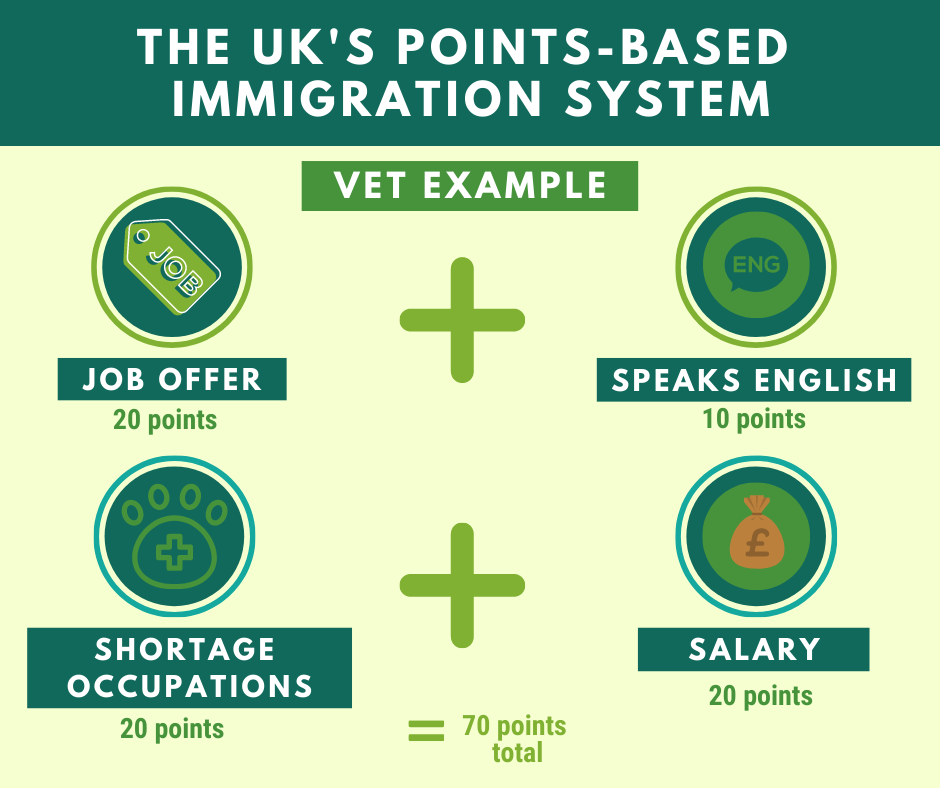
The vet example above shows how you could earn the required 70 points. Let us explain further:
- Speaks English- being able to speak English at the required level will earn you 10 points.
- Job Offer- a job offer from an approved sponsored will earn 20 points.
- Shortage Occupations- currently, veterinary roles are considered ‘shortage occupations. This means that if you have a job offer in this industry you will earn 20 points.
- Salary- if you will be earning £26,500 or above, you will earn 20 points. Generally, veterinary surgeons in the UK receive a higher rate of pay than this. Therefore, you will obtain the full 20 points available.


